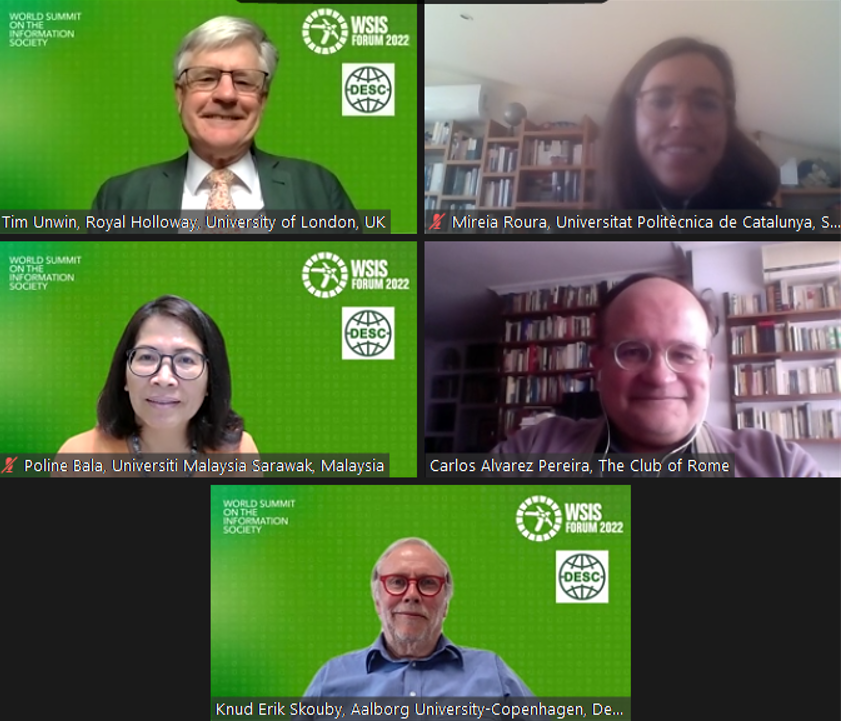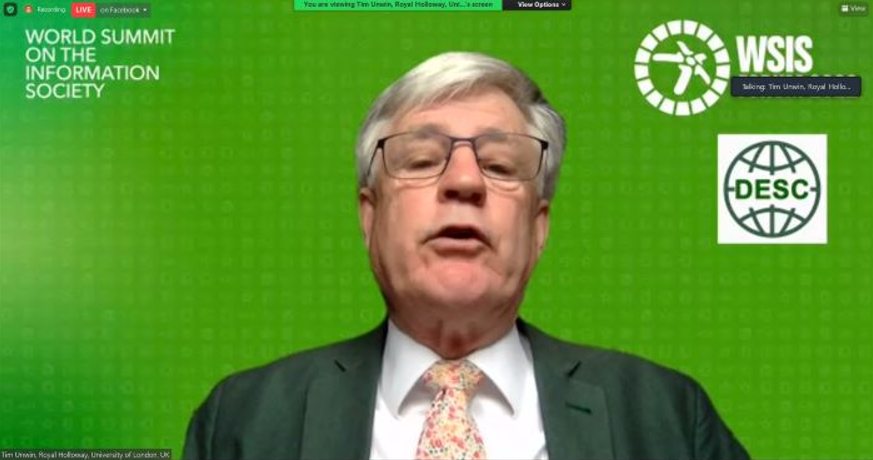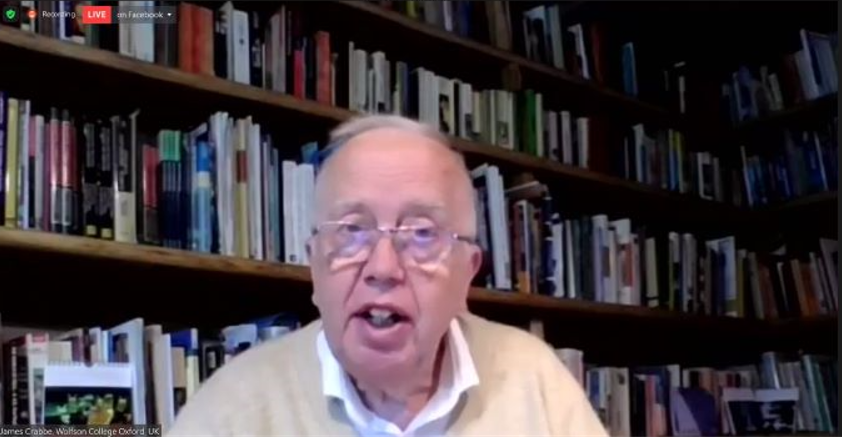A holistic framework for understanding digital-environmental interaction
Digital-Environment System Coalition , with the support of the Inter Islamic Network on Information Technology and the Wireless World Research Forum
Session 281
There is much current research and practice on ways through which digital technology can be used to reduce carbon emissions and thus have a positive impact on reducing "climate change". Far less work is done on mitigating the harmful impacts of digital tech on the environment. This lively and interactive session will share the novel holistic model developed by individuals and organisations within the Digital-Environment System Coalition (DESC http://desc.global). The session will consist of a brief overview of the DESC framework (10 mins), followed by six case studies of specific examples of research and practice (each of c. 5 mins) focusing on deep-sea mining, indigenous peoples' perspectives, impact of the circular economy, spectrum environmental efficiency, outer space, and digital for life The final 15 minutes will provide participants with an opportunity to explore further DESC's conceptual framework and other key issues that require urgent attention relating to the impact of the positive and negative impacts of digital tech on the physical environment.

Tim Unwin is the founder of DESC, Chairholder of the UNESCO Chair in ICT4D, and Emeritus Professor of Geography at Royal Holloway, Unversity of London. He was formerly Secretary General of the Commonwealth Telecommunications Organisation (2011-2015), editor of ICT4D (CUP, 2009) and author of Reclaiming ICT4D (OUP, 2017).
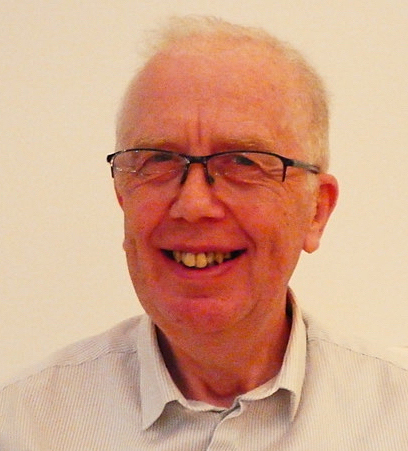
James Crabbe is a Supernumerary Fellow at Wolfson College, Oxford (UK), a ‘100 Talents’ Special Visiting Professor at Shanxi University, Honorary Professor at both Changchun University of Science & Technology and at Wuhan Business University, China, and in 2021 was elected a Distinguished Fellow of the Institute of Data Science and Artificial Intelligence.
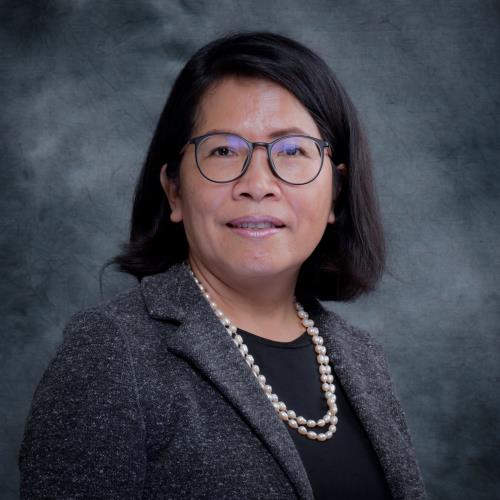
Poline Bala is Director, Institute of Borneo Studies, Faculty of Social Sciences, Universiti Malaysia Sarawak, Malaysia
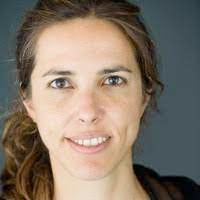
Mireia Roura is a Doctoral Researcher, Department of Computer Architecture, Universitat Politècnica de Catalunya. During the last six years, she has been researching about the reverse supply chain of the circular economy of electronic devices to deliver social, environmental, and economic feasible solutions to key issues at various stages of ereuse.org ecosystem.
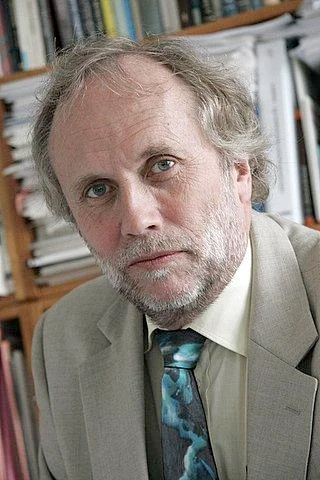
Knud Erik Skouby is Professor of Communication, Media and Information Technologies/Electronic Systems, Aalborg University-Copenhagen
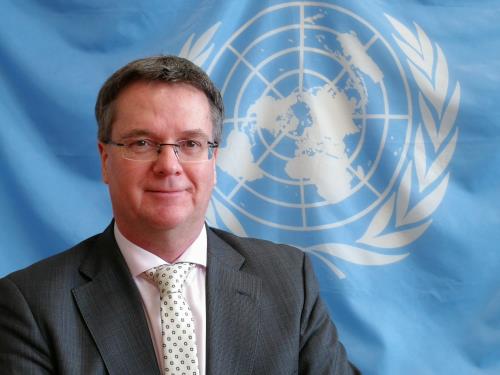
Luc St-Pierre is Chief of the Space Applications Section at the United Nations Office for Outer Space Affairs and his managing the activities of the Programme on Space Applications and the implementation of Access to Space for All. From 2005 to 2012 he was Senior Geographic Information Systems Officer with the UN High Commissioner for Refugees in Geneva and Programme Officer with the Regional Seas Programme of the UN Environment Programme in the Caribbean from 2000 to 2005. Prior to joining the UN, he acted during ten years as specialist in the management of geospatial information on various projects with government authorities in Africa, Asia and in Latin America and the Caribbean. In 2006, he graduated from the University of London with a M.Sc. in Environmental Economics, following a first M.Sc. in Geography in 1985 from the University of Sherbrooke in Canada. Mr. St-Pierre is from Québec in Canada.

Carlos Alvarez Pereira is a senior professional combining more than 30 years of experience in research and innovation, entrepreneurship, and business management, with a passion for complexity thinking and transdisciplinarity. He is keen on exploring the cultural transformation required to cross the threshold towards equitable human wellbeing within a healthy biosphere. He is member of the Advisory Board of the International Bateson Institute (IBI), fellow of the World Academy of Art and Science (WAAS), and member of the Spanish Fulbright Alumni Association, of which he has been Vice-President during 8 years. With an MSc in Aerospace Engineering, he has been a lecturer and researcher in Applied Mathematics at the Polytechnic University of Madrid (UPM). He founded and chaired for 14 years the Innaxis Foundation & Research Institute, specialized in the modelling of complex systems and big data applications. He has been the founder and top-level executive during more than 25 years of several consulting companies in Spain, Switzerland, France and Germany in the domains of digital technologies, systems integration and strategic advice.
-
 C1. The role of governments and all stakeholders in the promotion of ICTs for development
C1. The role of governments and all stakeholders in the promotion of ICTs for development
-
 C2. Information and communication infrastructure
C2. Information and communication infrastructure
-
 C4. Capacity building
C4. Capacity building
-
 C7. ICT applications: benefits in all aspects of life — E-environment
C7. ICT applications: benefits in all aspects of life — E-environment
-
 C7. ICT applications: benefits in all aspects of life — E-science
C7. ICT applications: benefits in all aspects of life — E-science
-
 C8. Cultural diversity and identity, linguistic diversity and local content
C8. Cultural diversity and identity, linguistic diversity and local content
-
 C10. Ethical dimensions of the Information Society
C10. Ethical dimensions of the Information Society
-
 C11. International and regional cooperation
C11. International and regional cooperation
This holistic session directly addresses many of the WSIS Action Lines, but especially C1, C2, C6, C7 vi, vii and viii, C10, and C11.
-
 Goal 7: Ensure access to affordable, reliable, sustainable and modern energy for all
Goal 7: Ensure access to affordable, reliable, sustainable and modern energy for all
-
 Goal 9: Build resilient infrastructure, promote sustainable industrialization and foster innovation
Goal 9: Build resilient infrastructure, promote sustainable industrialization and foster innovation
-
 Goal 10: Reduce inequality within and among countries
Goal 10: Reduce inequality within and among countries
-
 Goal 11: Make cities inclusive, safe, resilient and sustainable
Goal 11: Make cities inclusive, safe, resilient and sustainable
-
 Goal 12: Ensure sustainable consumption and production patterns
Goal 12: Ensure sustainable consumption and production patterns
-
 Goal 13: Take urgent action to combat climate change and its impacts
Goal 13: Take urgent action to combat climate change and its impacts
-
 Goal 14: Conserve and sustainably use the oceans, seas and marine resources
Goal 14: Conserve and sustainably use the oceans, seas and marine resources
-
 Goal 15: Sustainably manage forests, combat desertification, halt and reverse land degradation, halt biodiversity loss
Goal 15: Sustainably manage forests, combat desertification, halt and reverse land degradation, halt biodiversity loss
-
 Goal 17: Revitalize the global partnership for sustainable development
Goal 17: Revitalize the global partnership for sustainable development
The session is fundamentally about developing a new holistic approach to understandng both the positive and negative impacts of digital technolgies on the environment; in order for the benefits of digital tech for sustainability to be realised in practice, it is essential to mitigate the harms.
Main DESC link: http://desc.global
Further information and social media: https://ict4d.org.uk, Twitter @UNESCOICT4D, Facebook https://www.facebook.com/groups/2553350463
Partner organisations: http://www.init.org.pk/, and https://www.wwrf.ch/
